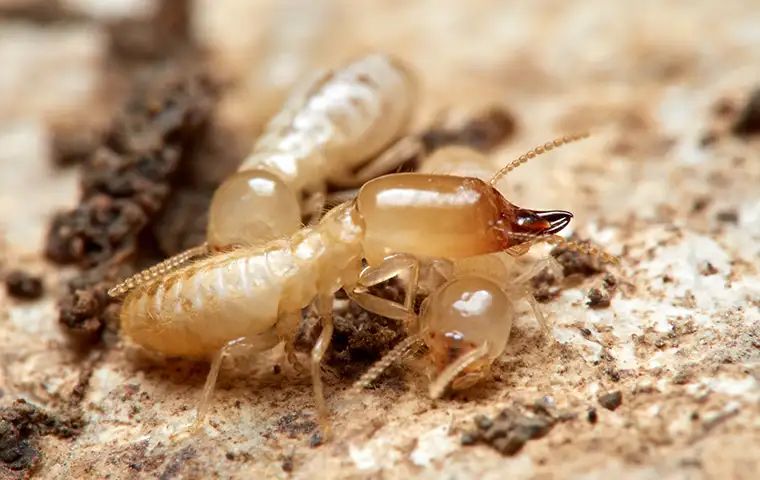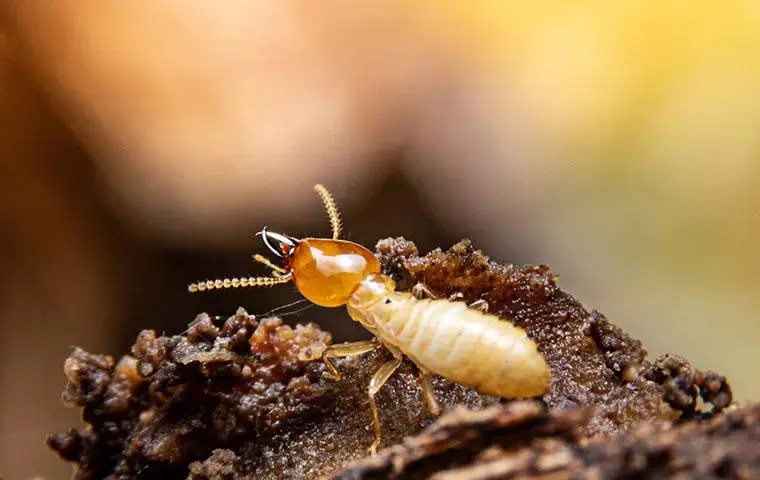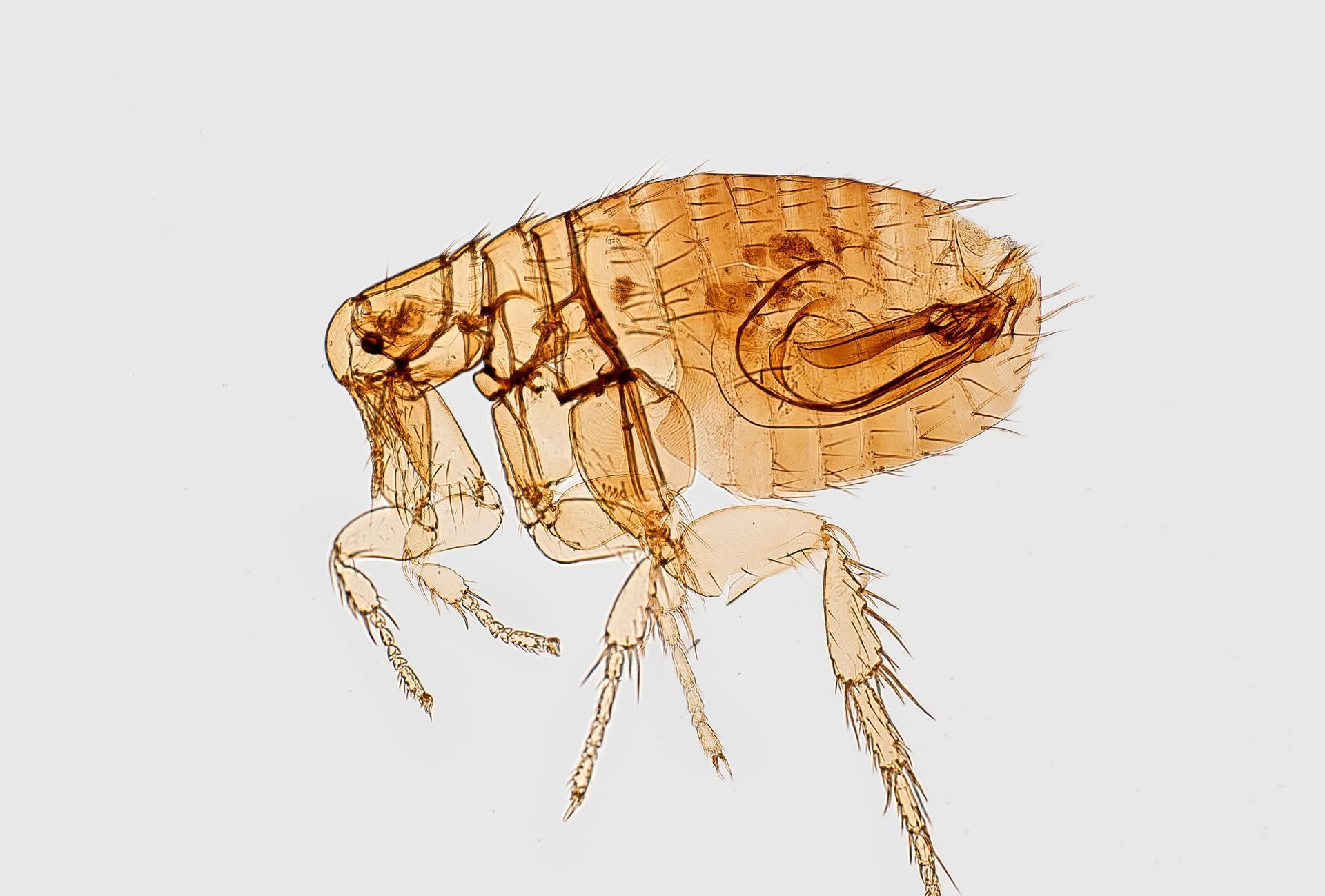Why Moquitoes Bite
The Buzz Behind Mosquito Bites: Unraveling the Mystery
Introduction:
Mosquitoes, those tiny but persistent creatures, are infamous for their itchy and irritating bites. As summer approaches and outdoor activities increase, so does the likelihood of encountering these buzzing bloodsuckers. Have you ever wondered why mosquitoes bite and what drives them to target certain individuals? Let's dive into the fascinating world of mosquito behavior to unravel the mystery behind their bites.
1. Feeding Necessity:
Mosquitoes are primarily driven by the need for nourishment. Contrary to popular belief, it's only the female mosquitoes that bite. They require the proteins found in blood to develop and lay their eggs. Blood serves as a vital nutrient source for the reproduction process, making the act of biting a biological imperative for female mosquitoes.
2. Blood Components and Attraction:
Mosquitoes are selective in their choice of blood hosts. They are attracted to the scent, heat, and even the carbon dioxide exhaled by potential hosts. Different species of mosquitoes exhibit preferences for specific animals or humans. Factors such as body odor, body temperature, and even the presence of certain chemicals on the skin can influence a mosquito's choice of host.
3. Carbon Dioxide Sensitivity:
One of the primary reasons mosquitoes are drawn to humans is their sensitivity to carbon dioxide. When we exhale, we release carbon dioxide into the air, acting as a powerful attractant for mosquitoes. The higher the concentration of carbon dioxide, the more likely mosquitoes are to find and bite their hosts.
4. Body Heat Detection:
Mosquitoes are highly sensitive to temperature variations. They can detect the heat emitted by warm-blooded animals, guiding them to their next blood meal. The combination of body heat and other olfactory cues helps mosquitoes pinpoint their hosts in crowded environments.
5. Blood Type and Genetics:
Surprisingly, your blood type can influence your attractiveness to mosquitoes. Research suggests that individuals with Type O blood are more likely to be bitten compared to those with Type A or Type B blood. Additionally, genetic factors play a role in determining a person's susceptibility to mosquito bites, making some individuals more appealing targets than others.
6. Chemical Signatures:
Apart from blood type, certain chemicals found in sweat and skin contribute to an individual's attractiveness to mosquitoes. Lactic acid, uric acid, and ammonia are among the chemicals that, when present in varying concentrations, can make someone more enticing to these buzzing pests.
Conclusion:
Understanding why mosquitoes bite involves exploring a combination of biological, environmental, and genetic factors. While we can't completely eliminate the risk of mosquito bites, taking preventive measures such as using insect repellent, wearing long sleeves and pants, and using mosquito nets can significantly reduce the chances of becoming a mosquito's next meal. As researchers continue to unveil the intricacies of mosquito behavior, our knowledge of these pesky insects will grow, ultimately leading to more effective strategies for mosquito control and bite prevention.
Pestcopro.com











Share On: